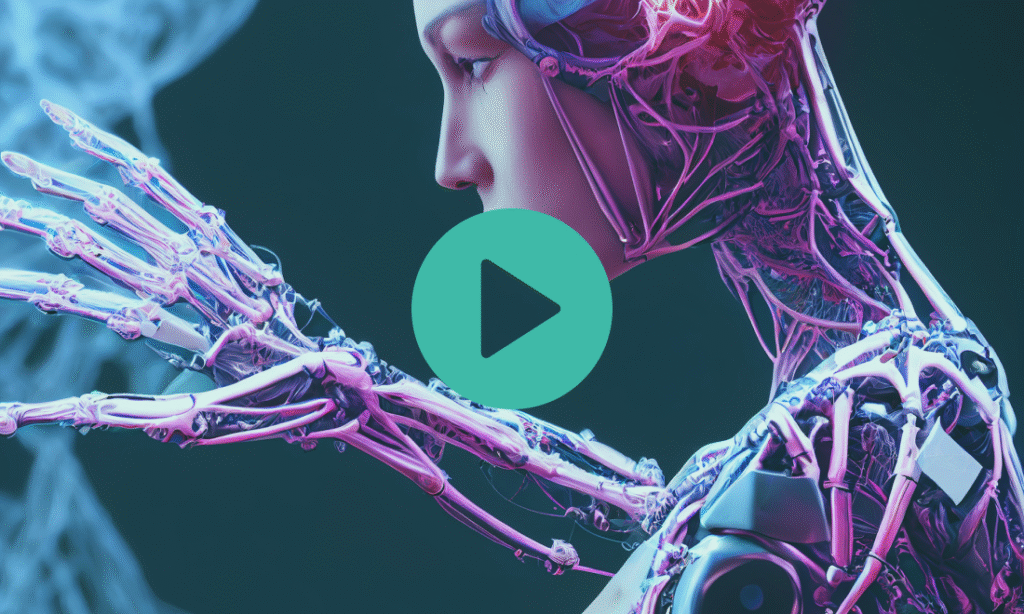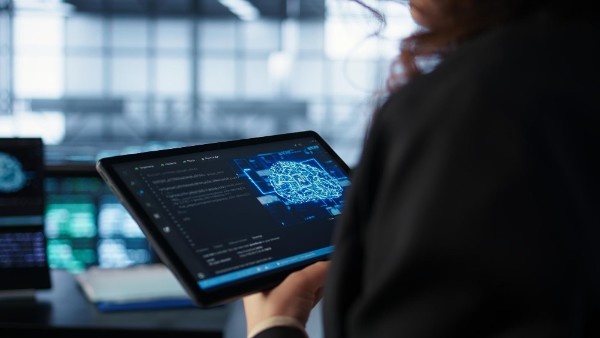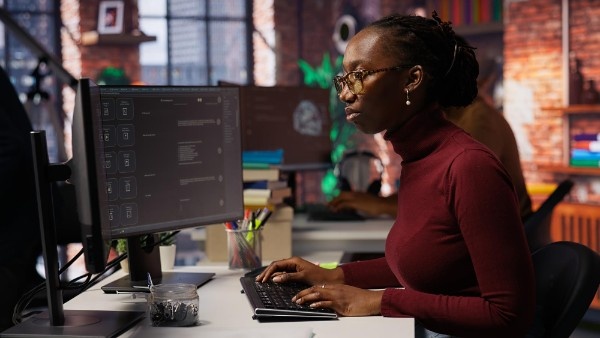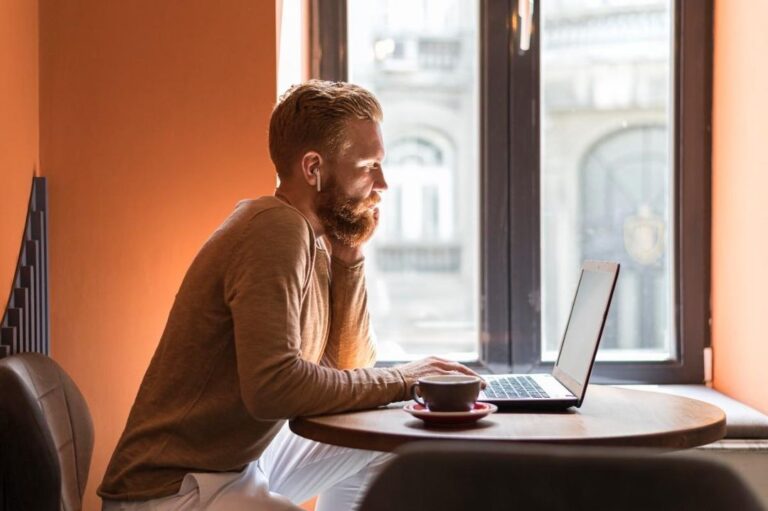The Artistic Dilemma: Machines vs. Emotions
For centuries, art has played a vital role in human culture, serving as a unique medium for the expression of thoughts, feelings, and experiences. However, a challenging question arises in the modern era: Can machines genuinely produce art?
The Heart of the Debate: Art as an Expression of Humanity
Amidst the rapid advances in artificial intelligence and machine learning, the possibility of machines creating art is met with resistance and scepticism. Many argue that art reflects human emotions and experiences, something technology can never replicate. It’s believed that the essence of art transcends mere visual representation, originating from the human heart. As machines lack emotions and human experiences, they are seen as incapable of producing true art.
In Defence of Machine-Generated Art: Aesthetics and Creativity
Nonetheless, proponents of machine-generated art maintain that AI and ML can create artwork indistinguishable from human-made pieces. They argue that art encompasses not only emotions and experiences but also creativity, aesthetics, and technical skills. By programming machines to recognise common patterns, colours, and artistic styles, machines can produce art that is both aesthetically pleasing and artistically sound, drawing inspiration from human creations.
Obvious Success: AI’s Impact on the Art World
A noteworthy case in point is the work of the French art collective Obvious, which created a portrait using a machine learning algorithm. This portrait was auctioned in 2018 for more than $430,000, even though it was not crafted by a human hand. The algorithm, trained to recognise specific features such as brushstroke style, colour schemes, and composition, studied thousands of portraits from the 14th to the 20th century, demonstrating that people are willing to appreciate and value machine-produced art.
Pushing Boundaries: Machines as Catalysts for Creativity
An additional argument in favour of machines producing art lies in their potential to expand the horizons of creativity. Machines can conceive ideas that humans might never contemplate, resulting in innovative and exciting art forms. Moreover, they can analyse vast datasets, creating more inclusive and diverse art that mirrors the experiences of various cultures and communities. Machines, devoid of biases and preconceived notions about art, can produce entirely original work.
The Limitations of Technology in Art
It’s crucial to acknowledge that technology can never wholly supplant human creativity. While machines can create visually pleasing and artistically sound works, they cannot replicate the emotional depth and complexity infused into human creations. Machines lack the intention and purpose that artists bring to their work. Artists craft with a clear message or concept in mind, while machines follow instructions devoid of thought or purpose.
Concluding Thoughts: The Complex Relationship Between Machines and Art
In conclusion, the question of whether machines can produce art is a multifaceted and nuanced one. While machines can create visually appealing and artistically sound works, they can never match the emotional depth that humans invest in their creations. Machines cannot replicate the intentionality and purpose that artists bring to their work. Although technology can enhance human creativity and expand the boundaries of art, it will never fully replace the human touch in the realm of art.



